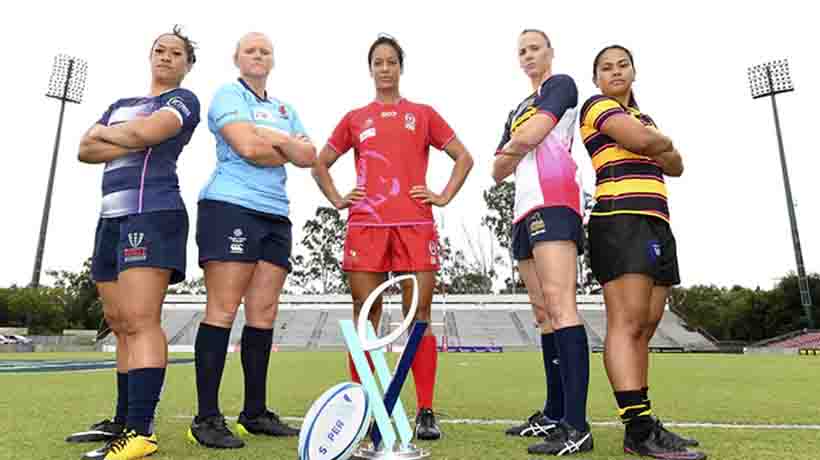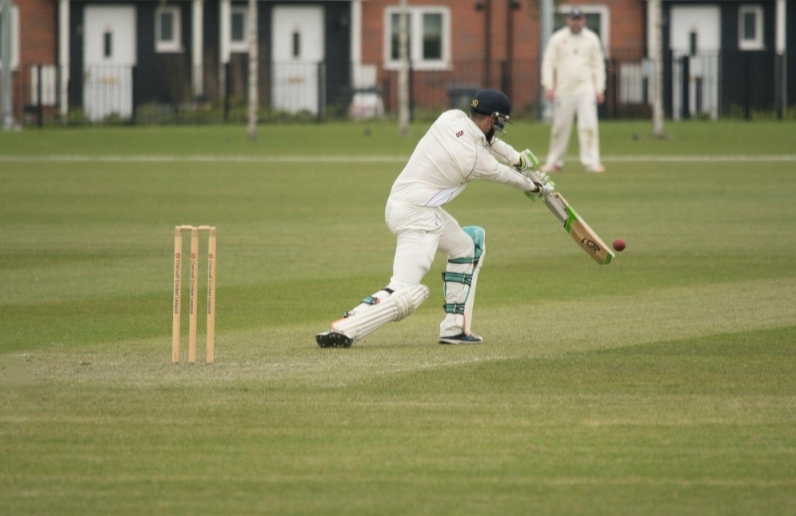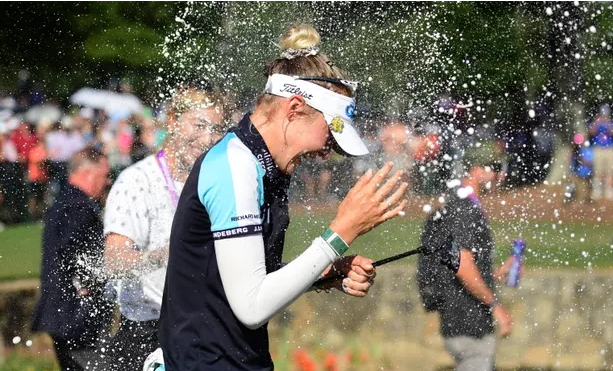Trending Now
- 830 voters names go missing in Kavundampalayam constituency
- If BJP comes to power we shall consider bringing back electoral bonds: Nirmala Sitaraman
- Monitoring at check posts between Kerala and TN intensified as bird flu gets virulent in Kerala
Sports
Women’s rugby takes giant leap forwards with start of Super W
![]() March 9, 2018
March 9, 2018
A new era looms as the inaugural season of Super W, the Australian women’s rugby union competition, kicks off this weekend with matches on both the east and west coasts of the continent. The competition is a new incarnation of the annual National XVs Championship, which previously ran over several days but is now a weekly series in its own right. Running from 10 March to 21 April, it features five home and away rounds and concludes with the final to be played a fortnight after the last regular round.
It is the latest addition to Rugby Australia’s evolving development plans for the code across the gender and competition spectrum. With the men’s XVs well established and men’s and women’s sevens elite foundations set and their pathways evolving, women’s XVs was the next branch of the plan to tend, as it has been left too long without proper nourishment and nurturing.
The new competition is the intentional first step on a long road, not just implemented to appease the raised voices of women’s sports advocates, but undertaken with a definite view to the next generation – a path already being set by other sports such as AFLW, cricket and football.
As with those sports, much debate has been generated around Super W’s remuneration plan over recent months, and it is worth looking at the full equation – as lopsided as it might currently seem. While there is no income for these players at this stage, there is a major gain from previous arrangements which is the first step on the development path and one these women are grabbing with positivity.
In the past, female XVs players at the top level have had to pay for virtually every aspect of their involvement if they wanted to play – travel, accommodation, physios, medical treatment, fundraising for equipment and uniforms – just to have a shot at playing maybe once a year at a higher level than club rugby, and often leaving them thousands of dollars out of pocket. Under the new initial SuperW arrangements, they pay for nothing.
All costs are covered and they have access to top coaching, high performance training, medical experts, physios, training venues, with all kit provided and all travel and accommodation covered. They will also be given mentorship or assistance within each of their respective Super Rugby clubs.
So while there is a valid argument for players to be paid in this new era of elite women’s sport, it perhaps has to be accepted that for this plan to succeed with a view to longevity and sustainability, the issue of player payments or eventual full salaries must be placed temporarily in the “matters pending” tray while the essential elements of the equation fall into place. The players who will run out onto the fields over the next five weeks will be the pioneers of this new phase for women’s rugby and they should hope to underline the value of this first important step to sustainable development and eventual professional status.
The opening match on Saturday afternoon in Brisbane is viewed as something of a clash of the titans in women’s rugby with Queensland and NSW getting the six-fixture series underway. These two teams are the products of what is indisputably seen as the heartland for rugby union in Australia and, with this match, will be revisiting a long held rivalry which last played out in the final of the Brisbane Tens tournament in January.
The game at Suncorp Stadium will be the first of two matches for the day – a double-header with Super Rugby (Reds v Bulls) is the first of five such pairings with the men’s competition. Inserting five double-headers throughout the series is an effort by Rugby Australia to bring the women’s game before a larger audience, looking to build on the growing popularity of women’s rugby, an emerging awareness which was witnessed at both the Brisbane Tens tournament and last year’s inaugural University Sevens Series.
Between them, the Reds and Waratahs squads have 14 Wallaroos underpinning their talent pool. The Sydneysiders have won the last five consecutive Women’s National XVs titles and would normally be viewed as the favourites, but with the likes of 17-year-old Brisbane Tens star Alysia Fakaosilea on the field and newly named captain Kirby Sefo leading the team, Queensland will be looking to repeat the efforts of January and start the season with a win on their side of the ledger.
Between them, the Reds and Waratahs squads have 14 Wallaroos underpinning their talent pool. The Sydneysiders have won the last five consecutive Women’s National XVs titles and would normally be viewed as the favourites, but with the likes of 17-year-old Brisbane Tens star Alysia Fakaosilea on the field and newly named captain Kirby Sefo leading the team, Queensland will be looking to repeat the efforts of January and start the season with a win on their side of the ledger.
While the opening battle will attract the spotlight on Saturday, the second match of the weekend will play out perhaps more quietly on the other side of the country, where the Western Force will host the Melbourne Rebels at the Cottesloe Rugby Club on Sunday afternoon. Boasting the experience of perhaps a surprising tally of seven Wallaroos in the mix, the Force are set to capitalise on their advantage of experience in the ranks, underlined by some much hoped for home-crowd support.
The Rebels on the other hand, will go into the first round understanding they are considered the underdogs with just one national representative, Ashley Masters, in their team list. But with former Wallaroo Alana Thomas at the helm as coach – the only female head coach in the competition – the focus is on development and running out with a nothing-to-lose attitude.
“We’re going to be going into pretty much every game as an underdog,” Thomas says. “We know we’re going to come up against those Wallaroos but the key thing is they’re just players that have got a bit of experience. We don’t have that expectation so we can play freely and we can play our game. We’ve been focussing on the whole picture, but also just continuing to breakdown the core skills that we need and know that if we can do them well over and over again, it will allow us to play the game of rugby we want to.”
























